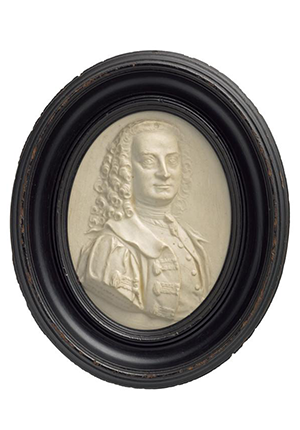Background
Francis Hutcheson authored the Inquiry into the Original of our Ideas of Beauty and Virtue in 1725. A leader in the Scottish Enlightenment, Hutcheson founded the “common sense” school of moral philosophy. Common-sense philosophers believed that the human mind had an innate “moral sense”—often labelled the conscience—that pushes human beings to treat others well. For Hutcheson, this moral predisposition was driven less by reason than by feeling. In this excerpt, Hutcheson provides a helpful way of distinguishing between alienable and unalienable rights—one that influenced key Founders like Thomas Jefferson and James Madison.








